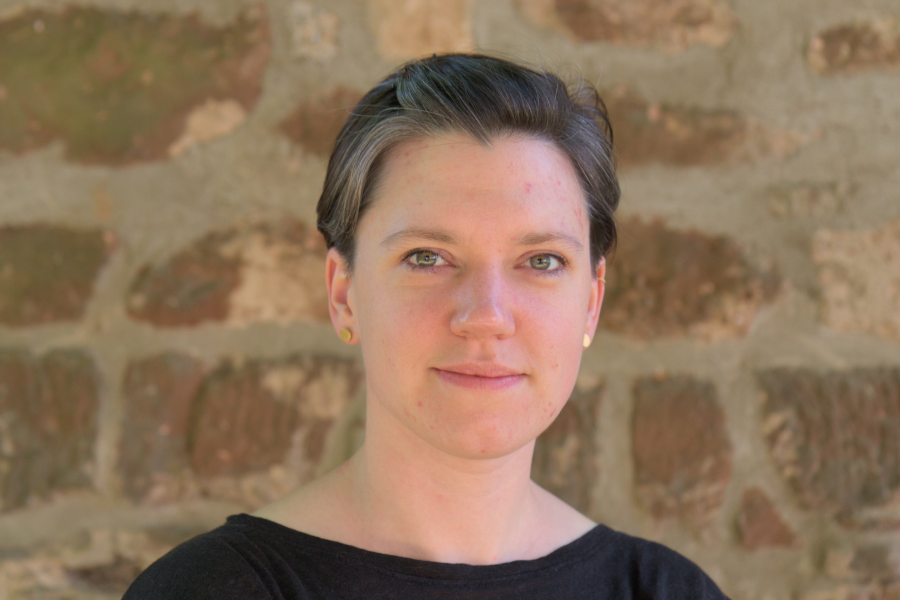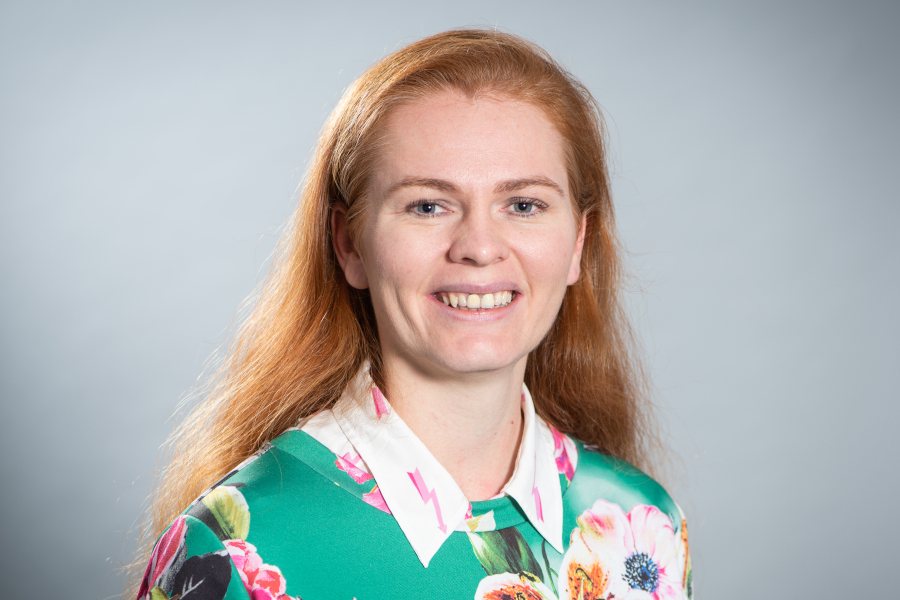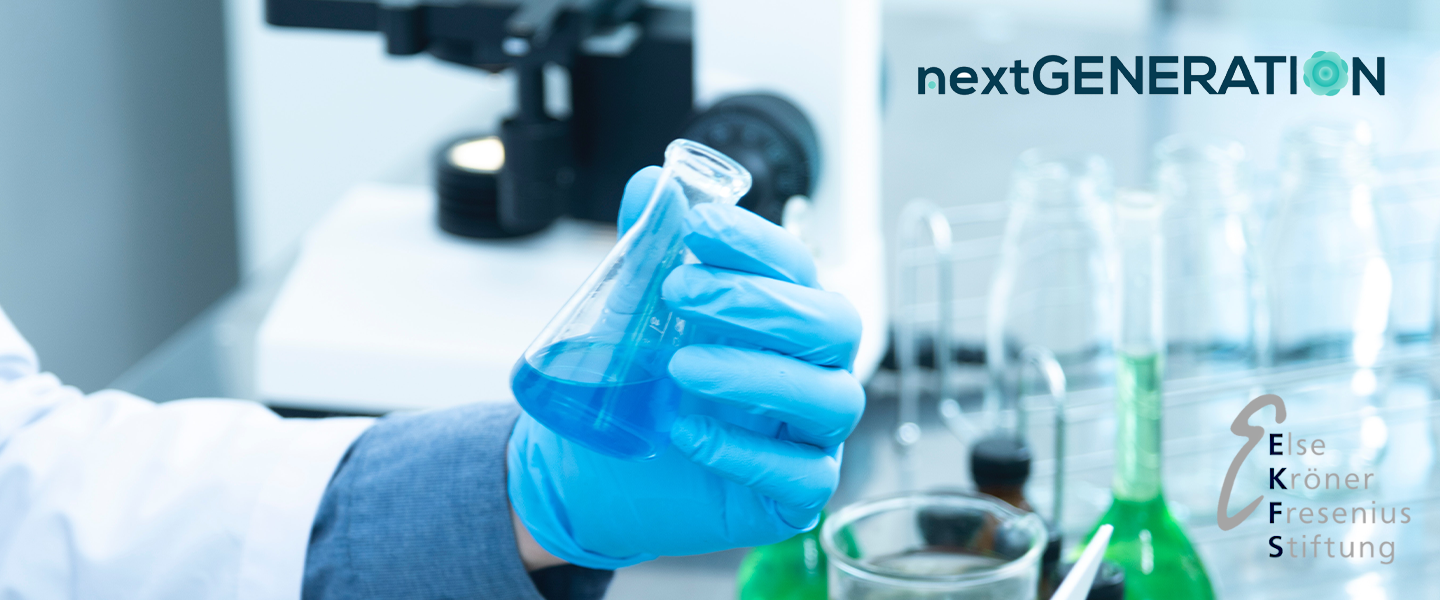Agnes Bonifacius (Dr. rer. nat.)
Year 2023

Dr. Agnes Bonifacius studied human biology (Bachelor of Science, Master of Science) at the University of Greifswald. She then completed her doctorate on the topic "Modulation of effector and regulatory T cell differentiation and function by bacterial compounds" at the Helmholtz Centre for Infection Research in Braunschweig under the supervision of Prof. Dr. Jochen Hühn (Department of Experimental Immunology). Since 2019, she has been working as a research associate in the "Molecular Immunotherapy" group of Prof. Dr. Britta Eiz-Vesper at the Institute of Transfusion Medicine and Transplant Engineering at Hannover Medical School. Her scientific interest lies within the field of cellular immunotherapy, with a particular focus on naturally occurring antiviral T cells as well as genetically modified T cells (chimeric antigen receptors, recombinant T cell receptors, CRISPR/Cas9).
The aim is to optimize adoptive cell therapy for immunocompromised patients. In addition to her research projects, Agnes Bonifacius is part of the immune monitoring and manufacturing team, where she is jointly responsible for the immune monitoring of patients as well as the quality control of antiviral T-cell products for clinical application. Since 2019, Agnes Bonifacius has received research funding from the Transplant Center Project and internal university research funding (HiLF I). For 2023, Agnes Bonifacius will be temporarily released from her routine duties as part of the MHH's Ellen Schmidt Programme to prepare for her habilitation. As part of the nextGENERATION Medical Scientist Program, a novel T-cell therapy to combat infections with the human cytomegalovirus after solid organ transplantation is to be developed.
Natalie Weber (Dr. med, PhD)
Year 2023

German text only
Nach dem Studium der Medizin an der Medizinischen Hochschule in Hannover hat Dr. med. Natalie Weber einen PhD-Abschluss im HBRS-Programm der Molekularen Medizin mit dem Titel „Modelling der hypertrophen Kardiomyopathie mit patientenspezifischen hiPSC-Kardiomyozyten“ im Institut der Molekular- und Zellphysiologie der MHH erworben. Sie gewann den Young Investigator Award der Europäischen Muskelkonferenz in Potsdam 2017 und bekam mehrere Reisestipendien zu der Biophysikalischen Konferenz in USA sowie der Europäischen Muskelkonferenz in UK.
Sie beschäftigt sich als Gruppenleiterin im IMTTS der MHH mit funktionellen Messungen intakter Kardiomyozyten und myokardialer Schnitte für die Entwicklung neuer translationaler Therapien in kardiovaskulären Erkrankungen. Im nextGENERATION – Medical Scientist Programm fokussiert sich das Projekt von Frau Dr. Natalie Weber auf die Entwicklung Stammzell-basierter regenerativer Therapien im ex vivo Modell humaner myokardialer Schnitte.
